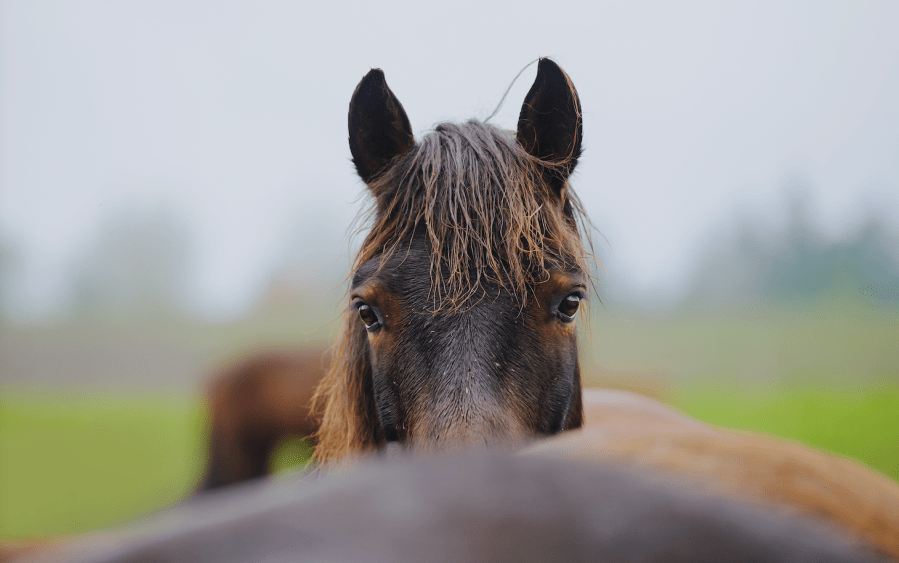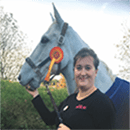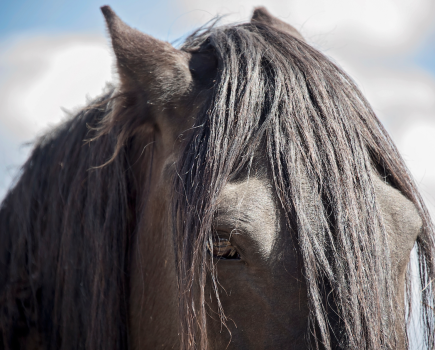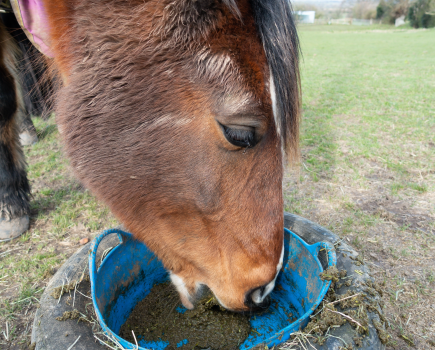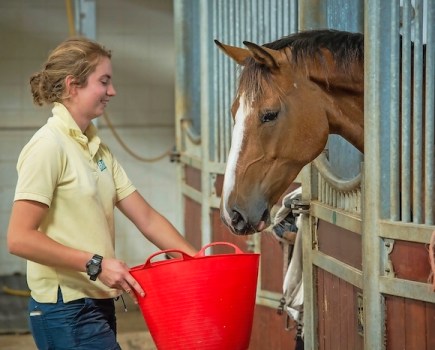We all strive to keep our horses content; but how to tell if a horse is happy? Of course they can’t tell us whether they are by talking, but there are signs to look for to gauge how they are feeling.
In fact, your horse’s behaviour can tell you a lot about their mental state.
“Signs to look out for include your horse’s body language, their behaviour in the field, as well as their behaviour in the stable and when you ride.
“Horses are constantly communicating with us and it’s our job, as loving horse owners and riders, to listen with our eyes and our ears,” explains horse behaviour expert Dr Debbie Marsden.
Body language
Debbie explains 13 signs a horse is happy:
1 Their nostrils
Your horse’s nostrils should be relaxed, soft and round. If they are unhappy, the nostrils become tight, thin and drawn.
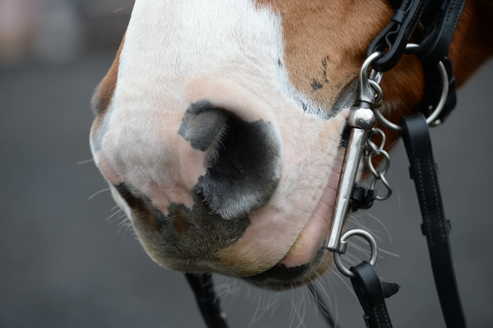
2 Their lip line
Your horse’s lip line should curl down slightly in a relaxed, soft manner. If a horse is feeling tense, they’ll be tight and drawn in this area.
3 The lower jaw
Your horse’s lower jaw should be loose when they are feeling happy. Their lower mouth may hang down and you might also see the horse dribbling, a great sign that they are feeling happy and relaxed.
4 The tail
Your horse’s tail will be fairly loose and swinging freely and evenly when they move. In the absence of any injuries that affect where the horse’s tail hangs, it should be straight.
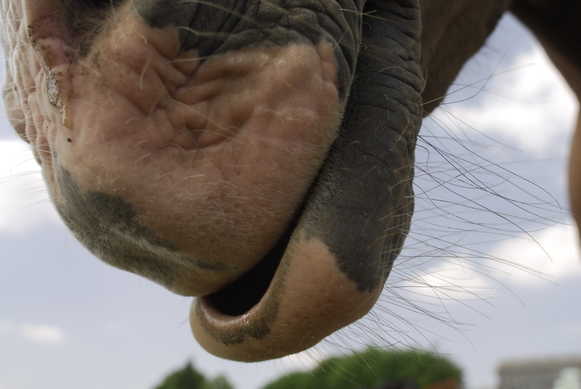
5 Their ears
Your horse’s ears are generally not something you should determine happiness from as they will normally point them in the direction of where they are feeling tense. If they’re pointing forward or back, your horse is probably concentrating on something in that direction
In the field
Rearing and pawing
It may look as though your horse is fighting, but rearing up with their front legs at another horse or pawing the ground are often signs they are enjoying themselves.
Horses generally won’t play with each other unless they’re happy. If they are galloping along the fence line, this may well be an indication that the horse is feeling stressed and unhappy.
Looking relaxed
Your horse should look physically relaxed while grazing and alert to the environment.
Mutual grooming
Mutual grooming in the field is also a sign a horse is relaxed, healthy and bonding with another horse.
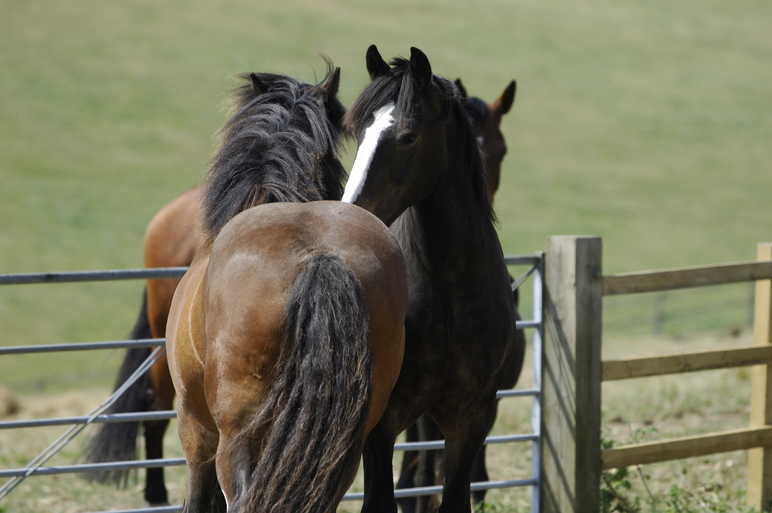
In the stable
Regular droppings
Your horse’s droppings should be regular and of a normal amount. When horses are stressed, they may not pass droppings, which is an indication they are not happy.
Sharing a haynet
If your horse shares a haynet with a stable mate while they’re tied up in the yard, it’s a sign they are happy.
A smooth bed
Your horse’s bedding should remain largely in place, as happy horses aren’t restless in their stable. A stressed horse may pace around and box walk.
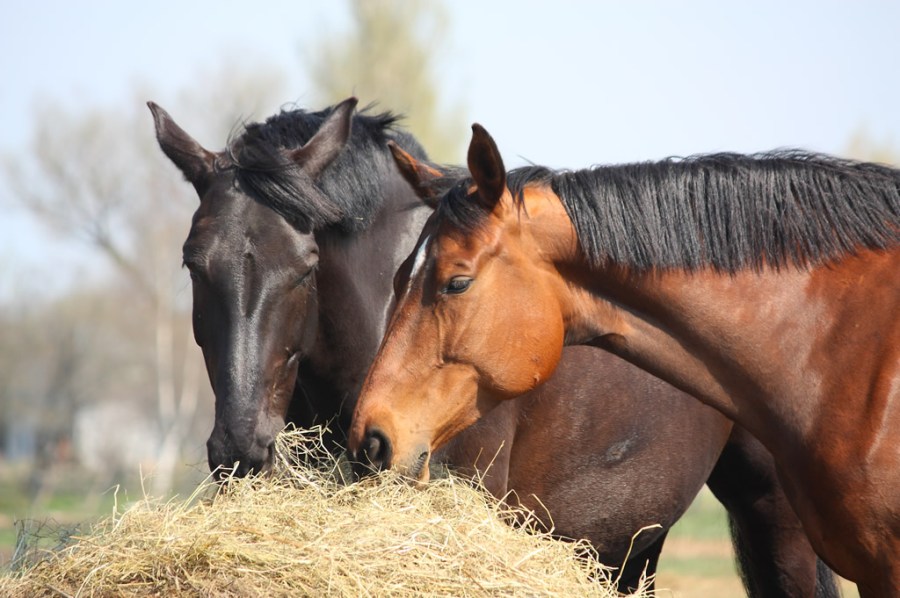
Stereotypies/vices
Stereotypies (vices) in the stable, such as crib-biting and box walking, are not something your horse will do only if they are stressed. They also release endorphins that make them feel happy, so vice-like behaviour could be a sign they are feeling excited.
However, there is also a good chance they are unhappy about something, so don’t dismiss stereotypies as being a good or a bad thing. Look for the root of the cause and then you’ll know what (if anything) you need to do to help your horse.
Being ridden
Breathing out
When your horse breathes out through their nostrils and makes a soft snorting sound, it’s a sign that your horse is relaxed in the diaphragm while being ridden and feeling happy in themselves.
A horse generally working forward with their ears pricked and taking in their surroundings is a good sign that your horse is enjoying themselves.
Is your horse happy?
A happy horse is (or should be) the goal of every horse owner. Of course there are setbacks, such as injuries and having to move yards, but generally speaking, your horse should be happy and content, which is largely done by you providing them with a safe home that fulfils all their vital needs (food, water, companionship, health care and freedom to move).
I always feel that my horses are happy to see me, greeting me with pricked ears, a whicker (and kicking the door from one particularly impatient pony who just wants her breakfast).
So if your horse is usually happy to see you, that’s a job well done.
Dr Debbie Marsden BSc PhD is an equine behaviour consultant and considered one of the world’s leading experts in her field. She is available by phone and to visit yards to assist with horse behaviour problems. Find out more
Images © Shutterstock

